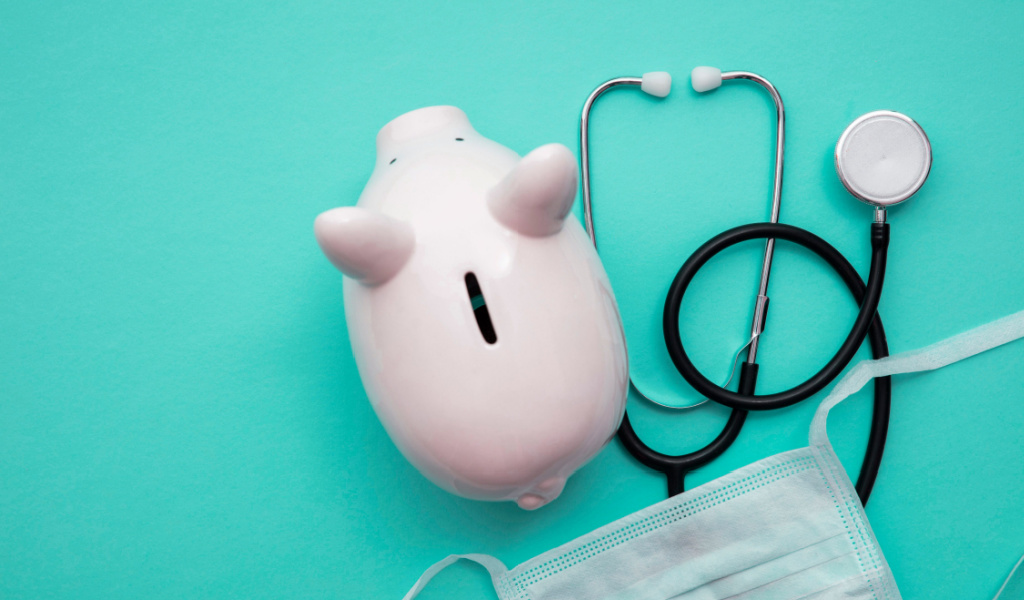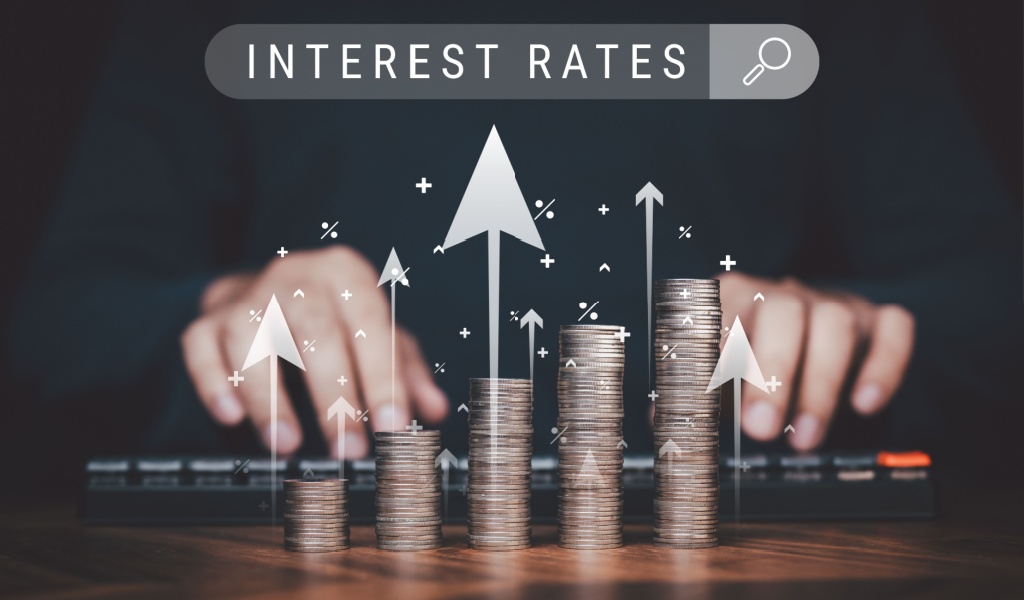There may come a time in your life when you’re faced with a massive bill for a medical treatment or procedure. Even if you have health insurance, certain procedures may not be covered under your policy, leaving you to foot the bill.
Generally, health insurance does not cover fertility treatments, laser vision correction, plastic surgery, cosmetic dentistry, preventative tests, alternate therapies, optional vaccines, and anything else that may be considered ‘elective.’ Unfortunately, some of these so-called elective treatments are often the priciest procedures – sometimes going well above five figures!

If you find yourself needing money to pay off large medical bills, you may consider getting a medical loan. Medical loans are a type of unsecured loan that is similar to personal loans meant to help borrowers pay for healthcare expenses. They can be a lifesaver for people facing a tough situation. However, since medical loans are less common than personal loans, borrowers tend to have several questions about them. Here are some of the most frequent questions asked about medical loans:
How to apply for a medical loan?
Most lenders and banks offer medical loans, and the application process is simple. There is little paperwork to handle, and many lenders now provide a simple online application process as well. Otherwise, you can visit your local bank or lending agency to inquire about the process and receive in-person assistance.
Is there a waiting period to get a medical loan?
There is no waiting period for a medical loan. The decision to approve an applicant for a medical loan is based on their creditworthiness, so it helps if you have a good credit history. If all goes well, the funds may be available to the borrower within 24 hours!
What are the terms of a medical loan?
Several different lending agencies finance medical loans, so the terms and interest rates offered may also differ drastically. It is best to shop around before landing on one. Primarily, you must consider the interest rate, the length of the repayment period, and any additional fees that might be added to your loan.
How much are the interest rates for a medical loan?
Since medical loans are a type of unsecured loan (which is considered more risky for the lender), interest rates are typically higher than for secured loans. Rates can also vary dramatically based on the applicant’s creditworthiness, typically ranging from 6% to 30%. There is also an option to choose between fixed and variable interest rates, although most people nowadays tend to choose the former as a safer option. This is because, while variable rates can rise and fall according to the market, recent trends tell us they’re more likely to go up.
Do medical loans come with fees charged?
Many lenders will likely levy extra fees on top of your interest amount, so you must be aware of the added charges to understand the total cost of borrowing properly. Some of the fees you need to look out for include an application fee, origination charges, processing or underwriting fees, financing charges, etc. Some lenders even tack on an early repayment fee!
It’s best to avoid lenders who’ll penalize you for paying your debt off early or someone who charges you simply for applying (even if you’re not approved for the loan)! The good news is that not all lenders are the same, and you can definitely find one that fits you best by shopping around, especially if you have good credit.
Can you get a medical loan with bad credit?
Not all lenders will approve a borrower with bad credit, but that’s not the case for all. Some lenders offer medical loans explicitly catered for those with bad credit, but more often than not, these loans are structured differently and come with pretty high interest rates.
If your credit score is around or less than 500, you’ll have to pay a hefty amount – think 30% or even higher. In such a case, the better course of action would be to try and negotiate with your healthcare provider before opting for a high-interest unsecured loan.

How long can it take to pay off a medical loan?
Depending on the loan amount, medical loan repayment periods typically range from two to seven years. Higher loan amounts generally come with longer terms, although the most common repayment period is two to three years. If you fail to pay your medical loan back in time, you will be hit with hefty fees and penalties similar to any other form of credit.
Do medical loans affect your credit score?
Having good credit is obviously a significant advantage when it comes to applying for a medical loan. If your score is between 670 and 739, you can snag an excellent interest rate similar to your credit card. Any higher, and you may be able to get one for around 6%, the lowest rate offered by most lenders.
Taking out a medical loan can cause your credit score to drop, but the negative impact is not permanent. In fact, displaying responsible behavior, such as on-time payments, can help boost your credit score in the long run.
Are credit cards better than medical loans for healthcare expenses?
A credit card’s only advantage over a medical loan is that you probably already have one, but the latter can take a day or two to arrive. In almost all cases, paying medical bills with a credit card is unwise.
Credit card limits are typically not high enough to cover massive medical bills and have enough credit left over, which can cause you to max out your card. This puts your credit utilization ratio (how much you owe compared to how much available credit you have) in a negative light, which can lower your credit score.
Plus, revolving debt, such as credit cards, can result in a debt snowball effect. Since credit cards have lower minimum monthly payments, you may end up paying a lot more money in the long run. Medical loans, on the other hand, are structured in installments, which means that you must pay a lump sum every month. This encourages you to make payments on time and gives you the opportunity to establish a sound financial history.
Can medical loans be used for cosmetic surgery?
Given that cosmetic and dental procedures are two of the most common reasons people take out medical loans, the answer is yes! No end-use restriction is placed on most medical loans, so how the funds are used is up to the borrower. Gastric bypass, treatments involving new technologies, and alternate medicine are other reasons medical loans are taken out.
Can you get your healthcare provider to forgive your medical bills?
It’s unlikely that your medical provider will write off your bills entirely, but you might have a better chance if you try negotiating with them to lower your bills. This would undoubtedly be a better option than opting for a medical loan with high interest rates. Contrary to popular belief, hospitals are more open to working with patients facing a medical emergency to help them work out a payment schedule. Most healthcare providers have in-financing options with lower interest rates than an unsecured loan. You might even get them to agree to a plan with no interest at all, especially if you only need a few months to pay the bills off.



